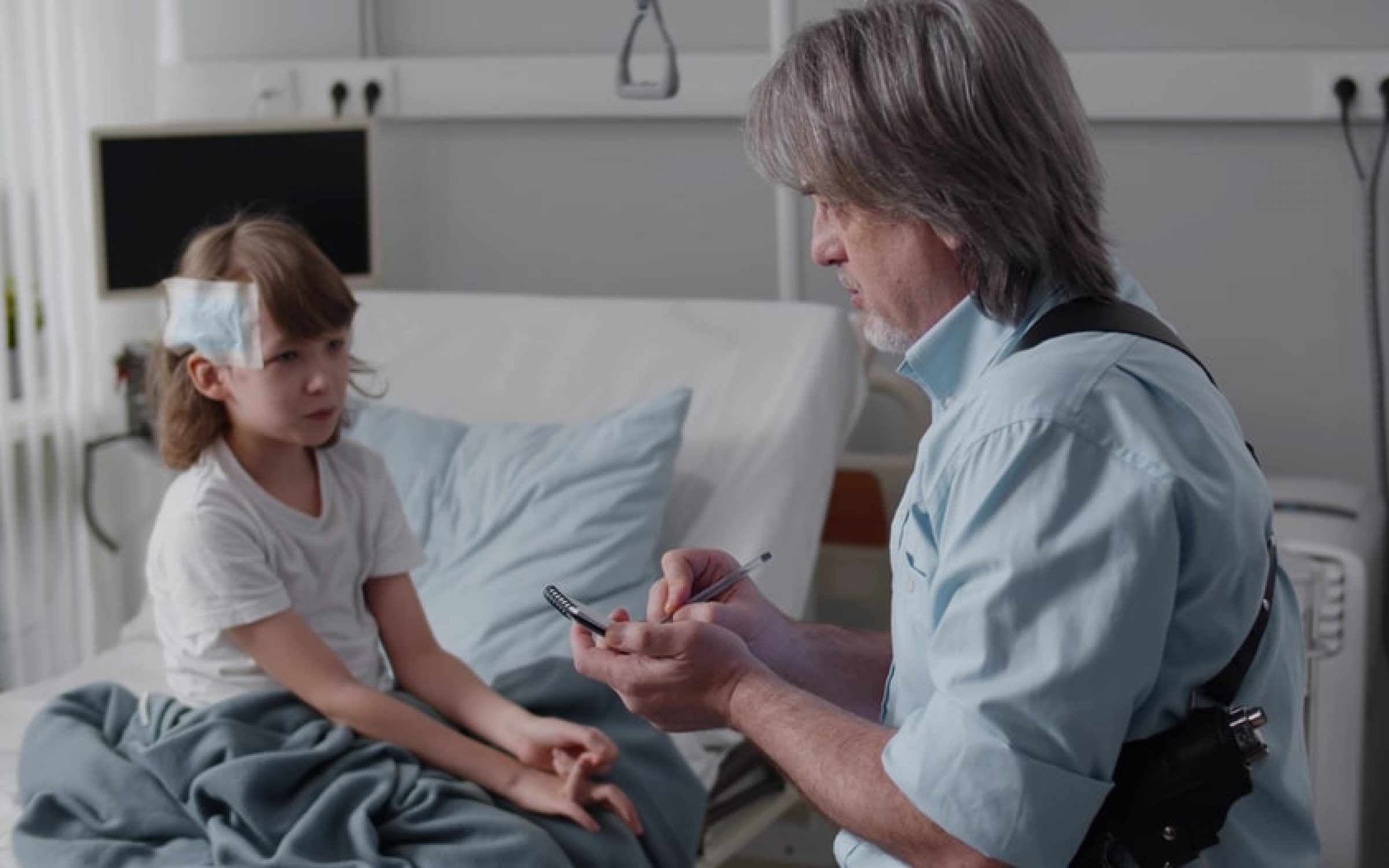December 7, 2023, 12:00 PM ET

A child born in America today has a 37% chance of having their welfare investigated by the state by the time they turn 18. For black children, the probability rises to 53%. Over next 18 years, 145 million American children will be referred to child protective services. What does this mean? And what can be done about it?
This seminar was broken into two sections. First, Saul Glick, Senior International Fellow in Law, Policy, and Applied Neuroscience, and Kathryn Spearman, registered nurse and PhD candidate at Johns Hopkins, discussed their research and upcoming paper on the impact crime related events are having on America’s children and the system which is designed to protect them.
Second, Saul discussed the novel intervention, C.A.R.E. (Child At Risk Evaluation), which he designed to enhance the training, data gathering, and information sharing techniques used by frontline mandatory reporters. C.A.R.E. will be piloted in early 2024 in a mid-sized American city.
PANELISTS:
Saul Glick, MA is the International Fellow for Law, Policy, and Neuroscience for the Project on Law and Applied Neuroscience a collaboration between the Massachusetts General Hospital Center for Law, Brain and Behavior (CLBB) and the Petrie-Flom Center. After graduating with an M.A. in English Literature from the University of Edinburgh, Saul joined London’s Metropolitan Police Service (Met), where he was a police constable (PC), a public order (demonstrations and protests) officer, and attached to various detective units. In 2021, Saul won the Kennedy Scholarship, which annually sends British post-grads on full scholarship to either Harvard or MIT; Saul was a special student attached to Harvard’s psychology department.
Kathryn Spearman, MSN, RN is a pediatric nurse and a PhD candidate at the Johns Hopkins University School of Nursing whose doctoral training is funded through a F31 training grant from the National Institute of Child Health and Development. Ms. Spearman’s research focuses on intimate partner violence (IPV) and child maltreatment, firearm injury prevention, IPV-related homicides of women and children, and risk-assessment. Her scientific inquiry is informed by clinical experience working as a pediatric nurse with abused children in inpatient and residential treatment settings. Her BS and MSN are from the University of Virginia and Johns Hopkins School of Nursing, respectively, and she earned a graduate certificate in maternal child health from Johns Hopkins Bloomberg School of Public Health.




